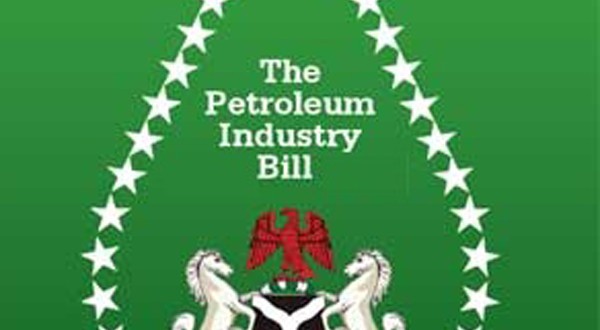Passed PIB Scandalous, Niger Delta Group Declares
The NDC regretted the “laissez faire attitude of some Niger Delta leaders”, claiming that a bulk of them exhibited “treachery and criminal passivity to the contents of the bill.”
The body observed: “Notwithstanding the absence of surprise, we find it contemptible and an act of aggression. We also take note of the treacherous active and passive roles played by the political leadership of the Niger Delta in the facilitation of this disrespect to our people. This, we find embarrassing and sad.
“Just like the 1999 Nigerian Constitution, the PIB to us, is a criminal document since we’ve never assented to it and its enforcement can only happen by force and not with the cooperation of our people.”
This is even as the Independent Petroleum Marketers Association of Nigeria (IPMAN) hailed the inclusion of the Petroleum Equalisation Fund (PEF) in the proposed law.
In a statement, at the weekend, in Abuja, by its National Public Relation Officer (PRO), Yakubu Suleiman, the body said that singular decision of the National Assembly would permanently resolve the energy challenges facing majority of Nigerians for years.
It added that the piece of legislation would catalyse inflow of foreign direct investments to boost the economy.
IPMAN said: “We observe with great delight that this bill would further solidify our support for the deregulation of the oil industry as a policy of government that would allow Nigerians to reap the full benefits of oil and gas which have been the greatest gift from nature to the country.”
Suleiman continued: “If signed into law by President Muhammadu Buhari as passed by the Senate, the PIB will change the landscape of the industry positively and above all, it would attract a smooth inflow of foreign direct investments that would shore up the revenue base of the country and reduce the dependence on foreign loans to execute national budgets.”
IN a similar vein, the Civil Society Legislative Advocacy (CISLAC) implored the President to sign the bill as a mark of integrity to fulfil his long-standing pledge to Nigerians.
Commending the two legislative chambers for passing the PIB, last Thursday, the group’s Executive Director, Auwal Rafsanjani, in a statement in Abuja, stated that Buhari’s signing of the bill would demonstrate his commitment to sanitising the nation’s corruption-ridden oil and gas sector.
The activist advised the Nigerian leader to prove critics wrong that he was aspiring to retain discretionary powers for the office of the Minister of Petroleum Resources, which he currently occupies, to award oil licences.
He reminded the Federal Government that the PIB passage was a campaign promise made in 2015 and had been repeated over the past six years at various fora.





